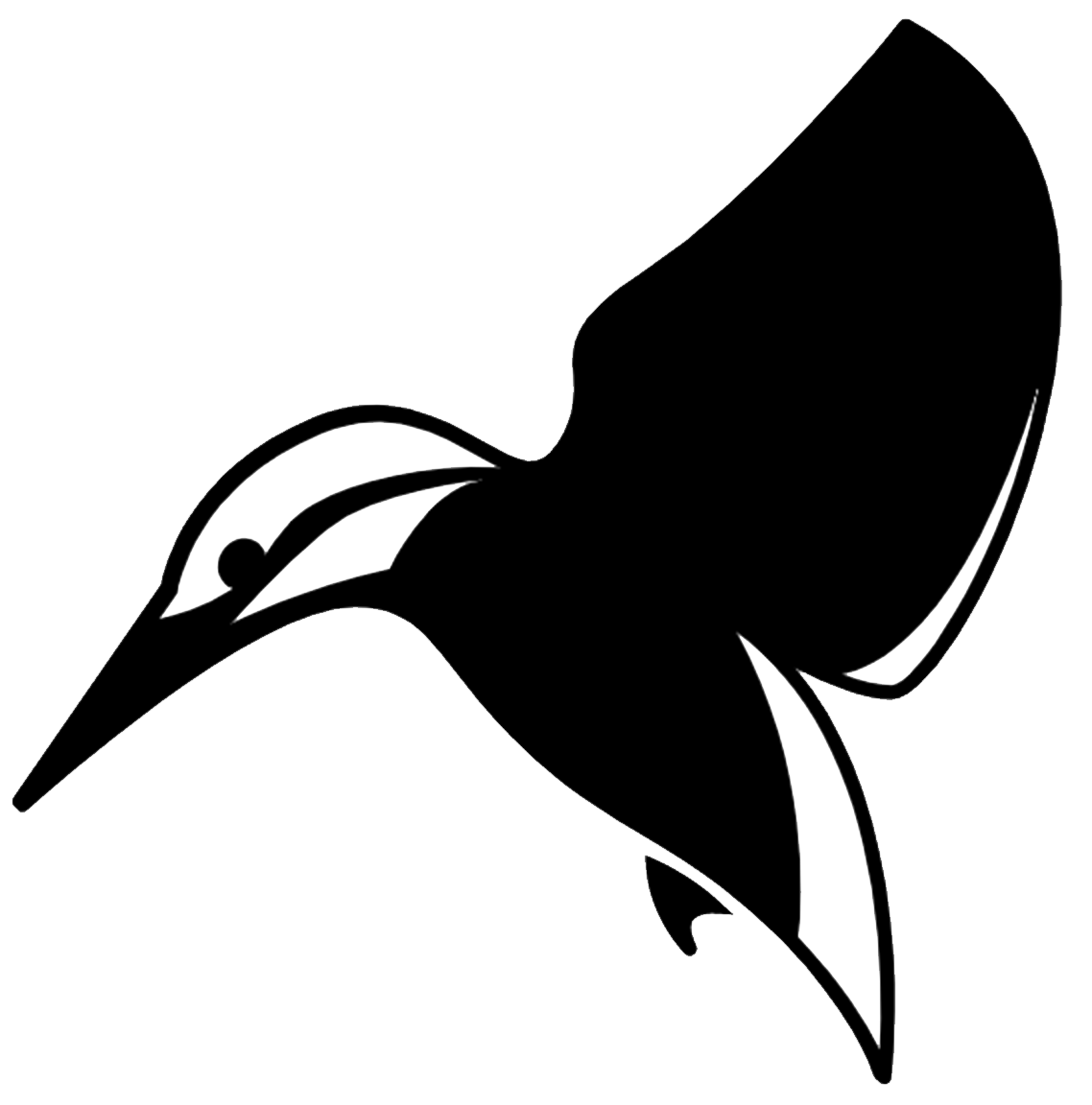Books
The Dairy Farmer’s Guide to the Universe, Vol I: Jung & Ecopsycology
Volume 1 of The Dairy Farmer’s Guide to the Universe develops the framework and principles of Jungian ecopsychology and describes how they can be applied to our educational system and in the practice of psychotherapy. It offers a response to Jung’s challenge to unite our cultured side with the ‘two million-year-old man within’ thereby opening a bridge to indigenous cultures. Dreamwork, individuation, synchronicity, and the experience of the numinous are important elements in this conceptual system. The Dairy Farmer’s Guide provides a Jungian contribution to the developing field of ecopsychology that explores how our values, attitudes and perceptions impact our view of the natural world—nature within, nature without.
The Dairy Farmer’s Guide to the Universe, Vol II: The Cry of Merlin
Carl Jung can be seen as the prototypical ecopsychologist. Volume II of The Dairy Farmer’s Guide to the Universe explores how Jung’s life and times created the context for the ecological nature of Jungian ideas. It is an ecopsychological exercise to delineate the many elements of Jung’s life that contributed to the creation of his system, elements like his basic character, nationality, family of origin, difficulties in childhood, youthful environment, period in Western culture, and his pioneering position in the development of modern psychology. Jung said every psychology is a subjective confession, making it important to discover the lacuna in Jung’s character and in his psychological system, particularly in relation to Christianity. Archetypically redressing the lacuna leads to the creation of a truly holistic, integrated ecological psychology that can help us live sustainably on this beautiful planet.
The Dairy Farmer’s Guide to the Universe, Vol III: Hermes, Ecopsychology, and Complexity Theory
An exegesis of the myth of Hermes stealing Apollo’s cattle and the story of Hephaestus trapping Aphrodite and Ares in the sexual act are used in The Dairy Farmer’s Guide to the Universe Volume III to set a mythic foundation for Jungian ecopsychology. This volume illustrates Hermes as the archetypal link to our bodies, sexuality, the phallus, the feminine, and the earth. Hermes’ wand is presented as a symbol for ecopsychology and the appendices apply complexity theory to key Jungian concepts, displacing classical Jungian constructs problematic to the scientific and academic community. Hermes is described as the god of ecopsychology and complexity theory.
The Dairy Farmer’s Guide to the Universe, Vol IV: Land, Weather, Seasons, Insects: An Archetypal View
Land, Weather, Seasons, Insects explores the Midwestern environment using traditional Jungian and Hillmanian approaches to deepen our connection with the land, the seasons, and insects.
The Dalai Lama said is very important how we relate to insects for it reveals much about a culture’s relationship with nature and the psyche. I had several Big Dreams in my last year of training at the Jung Institute in Zurich, including a single-image dream of a typical Wisconsin pasture or meadow scene. It was the most beautiful landscape I have ever seen because it shown with an inner light, what Jung called a numinous or sacred dream. Since returning to Wisconsin I have let the mystery and power of that dream inspire me to learn and experience as much as possible about the land and the seasons of the upper Midwest, a process of turning a landscape into a soul-scape. The means of doing this are presented in volume IV of The Dairy Farmer’s Guide to the Universe—Jung, Hermes, and Ecopsychology. This involves the use of science, myths, symbols, dreams, Native American spirituality, imaginal psychology and the I Ching. It is an approach that can be used to develop a deep connection with any landscape, addressing one of the goals of ecopsychology.




